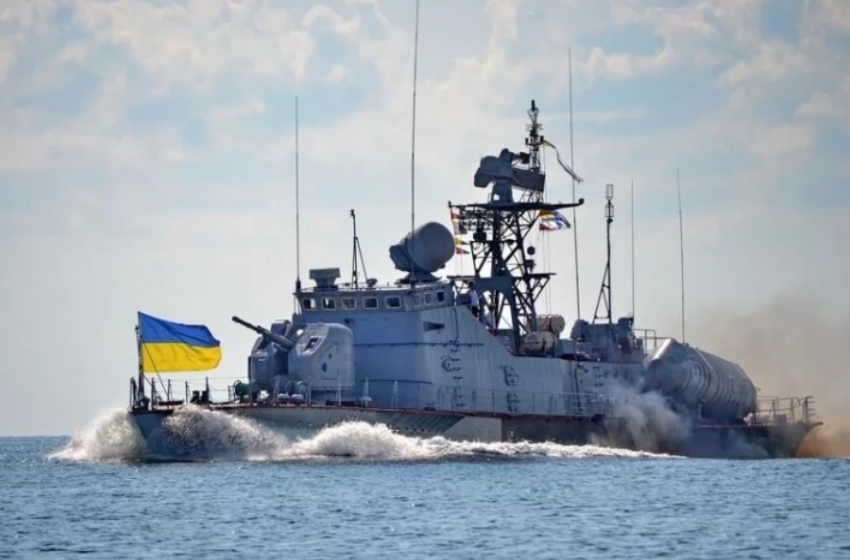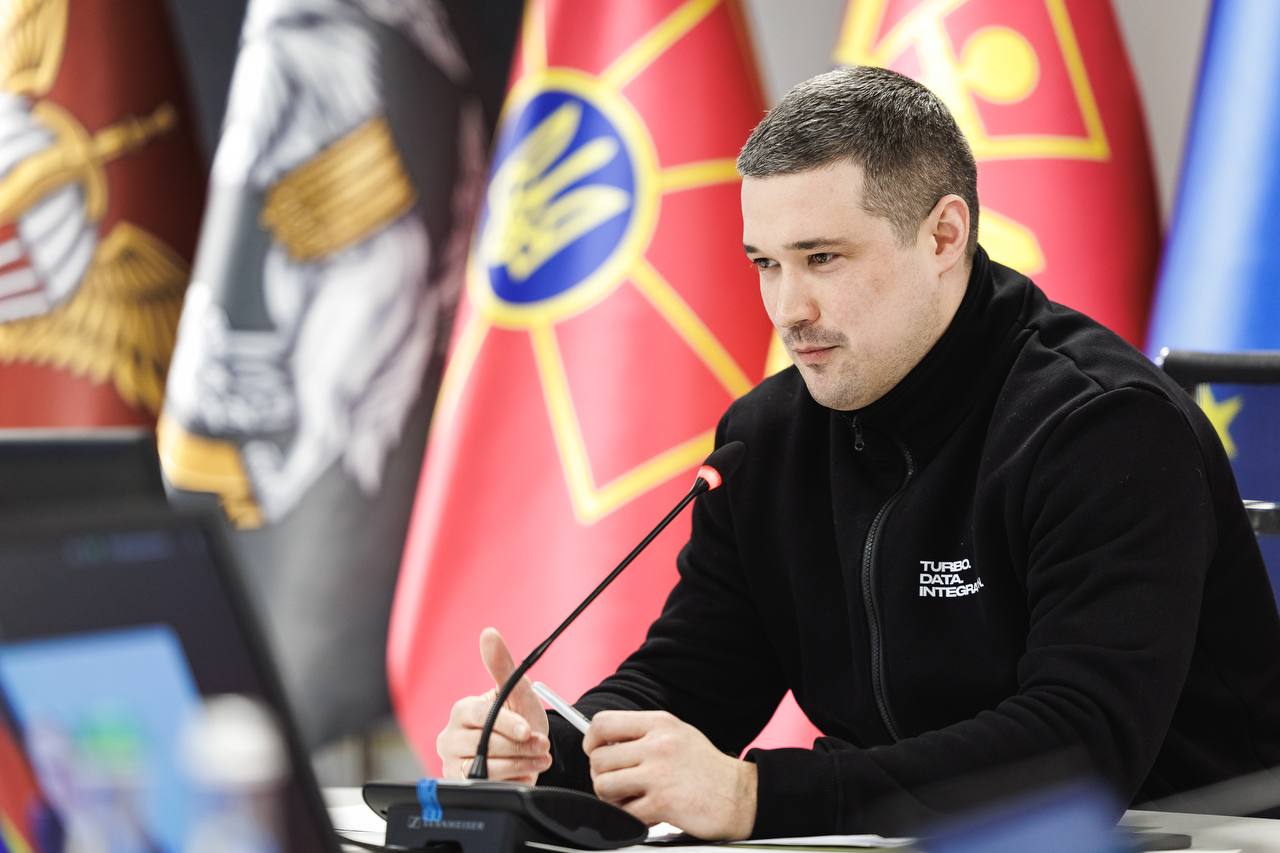The "Naval" coalition was created in December 2023 as part of the Ukraine Defense Contact Group to support Ukraine in strengthening its capabilities at sea and along its rivers.
Control over the Black and Azov Seas is of strategic importance for Ukraine's security and economy, as the significance of maritime trade routes for the country, which exports raw materials, cannot be overestimated.
Hundreds of thousands of Ukrainians work in industries such as metallurgy and agriculture, which depend on these routes. Millions of people worldwide are consumers of Ukrainian grain and food products.
Control over rivers is also crucial, as they serve not only as convenient logistical routes but also as natural borders between countries.
In December 2023, the United Kingdom, Norway, and Ukraine initiated the creation of the Coalition for Naval Capabilities. Its main goals are to address urgent needs and ensure the long-term development of Ukraine’s naval capabilities, ensure the freedom and safety of civilian shipping, and deter and repel any aggression from the sea.
Apart from Ukraine, 18 other countries have joined the "naval" coalition – besides the leaders, Belgium, Bulgaria, Greece, Denmark, Estonia, Spain, Italy, the Netherlands, Germany, the USA, France, Sweden, Portugal, Poland, Romania, and Turkey are also part of the coalition.
Finland, Iceland, and Canada are contributing to the development of Ukraine's naval capabilities but are not yet members of the Coalition. Australia and Japan are considering joining.
The activities of the Coalition for Naval Capabilities are among the least publicized. However, it is known that coalition member states provide Ukraine with:
- Ships and boats;
- Naval strike weapons;
- Surveillance and reconnaissance equipment;
- Mine-clearing systems;
- Amphibious capabilities for marine infantry;
- Training for naval and marine infantry personnel.
The coalition takes a comprehensive approach to capability building, focusing not only on supplying ships, helicopters, and other systems, but also on training their crews and operators, educating technical personnel, and providing technical support for their operation and use.
What can be publicly confirmed includes the Netherlands and Belgium providing Ukraine with three mine-clearance vessels of the Alkmaar class in 2023. The United Kingdom, in addition to other capabilities, transferred two mine-clearance vessels, "Chernihiv" and "Cherkasy," at the beginning of 2023, which are currently based in British ports.
The crews of these vessels are undergoing intensive training to carry out assigned tasks according to NATO standards. The mine-clearance force, which is the core of the tactical group focused on demining Ukrainian waters, will operate these vessels.
The USA, the Netherlands, Canada, Sweden, and Finland have provided various classes of boats for different uses, including search and rescue operations, transportation, reconnaissance, and special operations.
In Romania, the Coalition has set up a naval training center for Ukrainian Navy Marines.
In total, within the Ukraine Defense Contact Group, eight capability coalitions have been formed: the Air Force Coalition, the Integrated Air and Missile Defense Coalition, the Naval Capabilities Coalition, the Drone Coalition, the IT Coalition, the Artillery Coalition, the Armored and Mobility Coalition, and the Demining Coalition.
On January 9, 2025, the defense ministers of 14 leading states and Ukraine agreed on the roadmaps for all coalitions during a meeting of the Capability Coalition Leaders Group within the Ukraine Defense Contact Group (the "Ramstein" format).




















